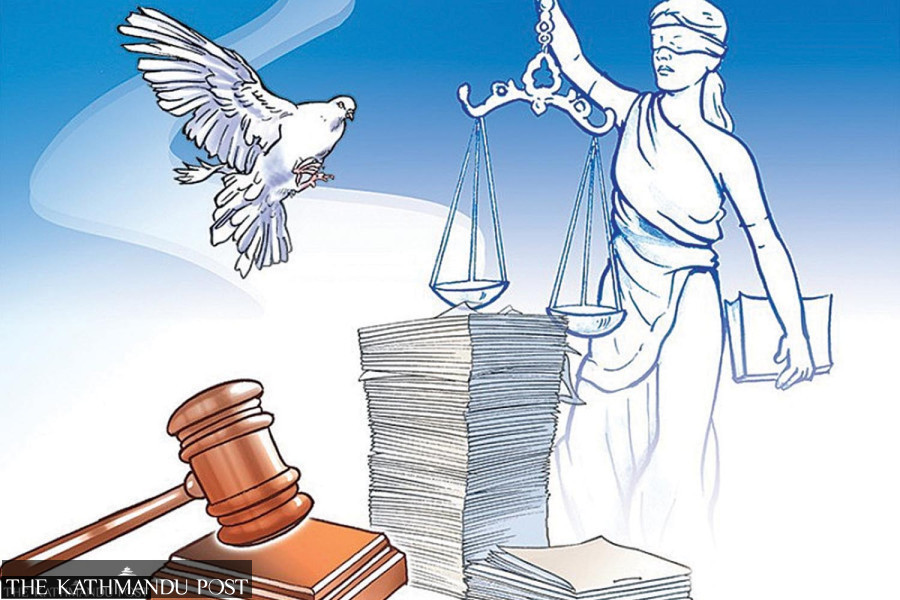National
Parties ‘near deal’ on transitional justice bill
Sources say three big parties are near agreement on addressing serious human rights violations and extrajudicial killings.
Ganga BC
After extensive deliberations, political leaders engaged in Nepal's peace process have signalled significant progress towards consensus on the transitional justice bill.
Sources within the drafting committee revealed that the three major political parties are nearing agreement on critical aspects of the legislation.
“We have successfully resolved two out of the remaining four contentious issues,” said Mahesh Bartaula, chief whip of CPN-UML and member of the task force overseeing the bill. He emphasised that consensus is approaching, particularly regarding the definition of serious human rights violations and extrajudicial killings during the armed conflict.
“Previously, there were divergent opinions on defining these crimes, but now we are close to including clear definitions,” Bartaula said.
Moreover, there is increasing alignment on empowering the attorney general to recommend sentences ranging from 25 to 30 percent for cases of serious human rights violations. Bartaula cited international transitional justice practices as influencing this agreement, highlighting that this specific issue had previously stalled discussions.
Janardan Sharma, deputy general secretary of the CPN (Maoist Centre) and another task force member, echoed Bartaula's optimism, indicating that discussions have been constructive and are progressing affirmatively.
“The talks have been productive, and we aim to finalize the bill in tomorrow’s session,” Sharma said.
The urgency to expedite the transitional justice bill was underscored by Prime Minister KP Sharma Oli and Congress President Sher Bahadur Deuba, who participated in the recent meeting. They directed efforts towards achieving consensus in the upcoming sessions. The committee also includes key figures such as Congress Home Minister Ramesh Lekhak, Mahesh Bartaula from the Nepali Congress, and Janardan Sharma from the CPN (Maoist Centre).
Nevertheless, significant issues remain unresolved, including whether victims can seek legal recourse in accordance with existing laws and the management of individuals formerly involved as child soldiers.
The finalisation of the transitional justice bill holds substantial importance for Nepal’s post-conflict reconciliation efforts, aiming to address past grievances and promote national healing.




 15.12°C Kathmandu
15.12°C Kathmandu















